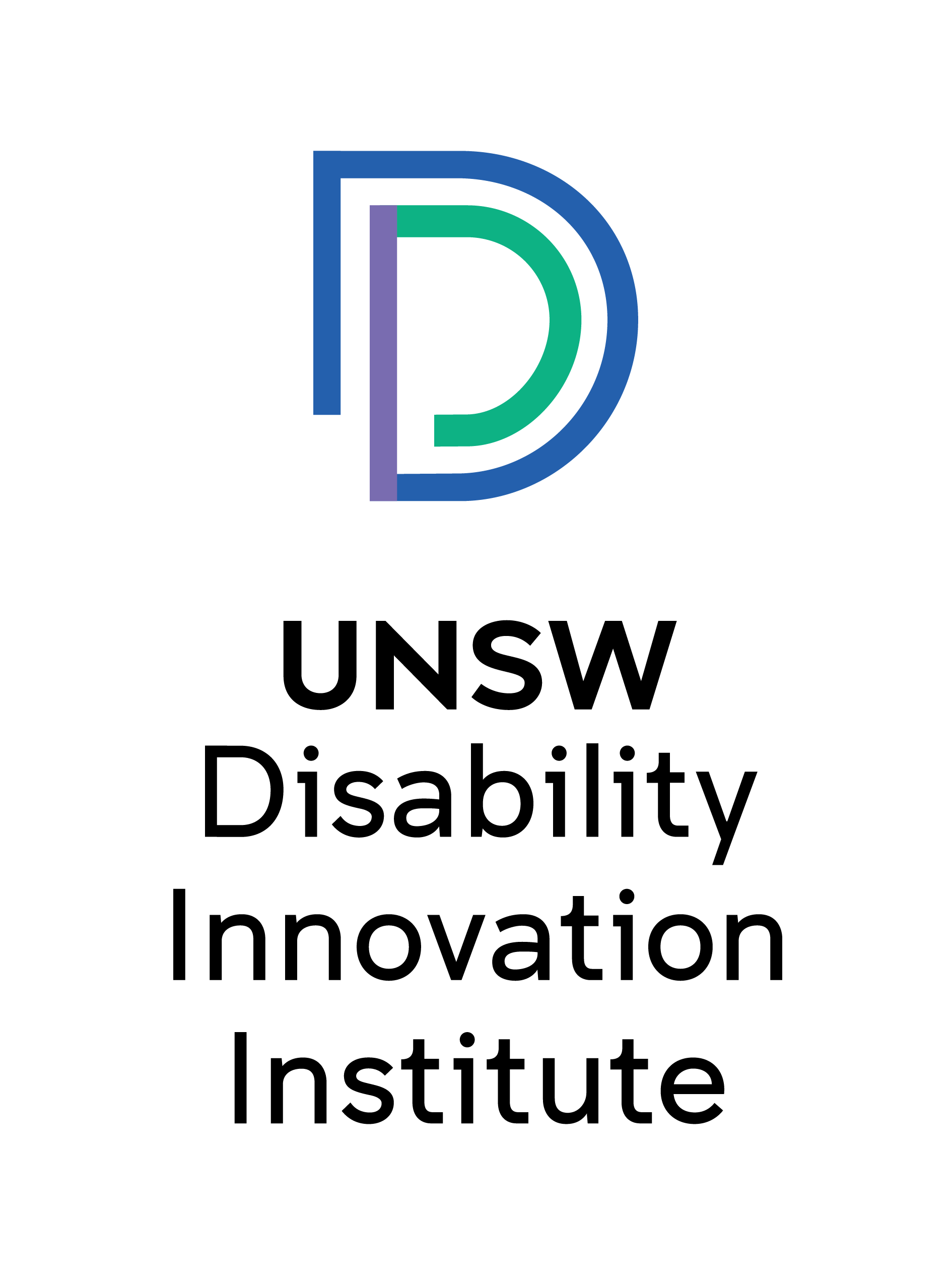In this paper, Professor Karen Soldatic explores the ways in which settler-colonial states employ techniques of population governance via distinct immigration categories of disability that remain fairly consistent since their original framing in eugenics "science" with the rise of the "modern" settler-colonial state. As now well documented within the literature, settler-colonial governance has long operated on a particular logic of population management. Focusing on the case of Australia and drawing on a range of historical and current empirical sources, the paper examines the central importance of the category of disability to this settler-colonial political intent and the role of eugenics across time as an ongoing practice to sustain the imaginaries of a white able-bodied nation.
Karen Soldatic is a Professor at the Institute for Culture and Society at Western Sydney University. She was awarded a Fogarty Foundation Excellence in Education Fellowship for 2006–2009, a British Academy International Fellowship in 2012, a fellowship at The Centre for Human Rights Education at Curtin University (2011–2012) and an Australian Research Council DECRA Fellowship (2016–2019). Her research on global welfare regimes builds on her 20 years of experience as an international (Cambodia, Sri Lanka, Indonesia), national and state-based senior policy analyst, researcher and practitioner. She obtained her PhD (Distinction) in 2010 from the University of Western Australia. Karen is Istro-Romanian, the smallest ethnolinguistic minority group in Europe, formally recognised by UNESCO. Karen's research on Australian society and settler colonialism is shaped by her lived experience of being the child of immigrants and brings this to her analysis in attempting to understand Australian racialised practices of everyday life.

